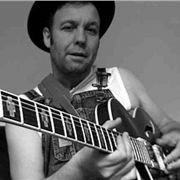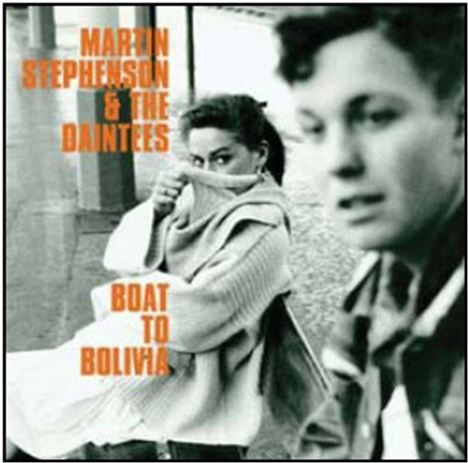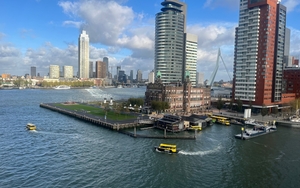ARTISTS often say that creating a new painting, play, book or piece of music is like giving birth.
Now, I don’t know if Martin Stephenson feels like this, but he is touring his debut album, Boat to Bolivia, and is playing it in full. It could be said that as the album was recorded at Amazon Studios, the Liverpool gig sees Stephenson bringing it back to its birthplace.
“I live in a small town in Scotland, I’m not used
to this. I feel like Barry Manilow!” He tells us
Martin Stephenson and the Daintees emerged amongst a cadre of likeminded souls during the early-mid 1980s. Led by bands such as Aztec Camera, Prefab Sprout, Orange Juice and their like, they trod with a lighter step and brandished acoustic guitars, divine melodies with a lyrical, romantic lyricism that belied their age. As Roddy Frame would have it: “Bottle merchants, overdosed on Keats”.
Their audiences were fiercely loyal and immersed themselves in this melancholy, lovelorn ocean of romanticism. It was and remains a glorious antidote to the prevailing wave of social deprivation that we faced and are about to endure once more.
So, a timely moment to revisit Boat to Bolivia, which remains not only a statement of intent by a young band, but a poignant document of its time. Backed by drummer Lucy Stephenson, bass player Lou Short and guitarist John Steel, who appeared on the original album, and opening with Crocodile Cryer, it is soon clear that Stephenson is in peerless form.
Trademark hat perched on his head and permanent daft grin on his face, he tells of the phoney friends and relatives that turned up at his grandmother’s funeral.
Stephenson declares that it is only fitting that they should play the album in Liverpool. “When we recorded it, none of us could sing, so we had to get Billy Kinsley and a 14-year-old girl to sing for us. That still hasn’t changed!” Fittingly, Kinsley, Merseybeats veteran, is in the audience, and before the gig was regaling us with some killer anecdotes.
Although Boat to Bolivia was played in its entirety, it was not played in sequence, so the set was full of little surprises. Coleen is a song about a brother’s sadness at the ending of his sister’s lesbian relationship. It’s a gentle and tender song that gives hope and love.
Stephenson has a rare ability to be flippant and jokey one moment and then drop into a sombre and sincere mien for a song such as Caroline, written for a cousin who had miscarried and pointing out that his mother had miscarried twice - and that is one reason why he and his sister are alive today. For the title song (left off the original pressings of the album, fact fans), The Daintees skank it up and the ghosts of Sly and Robbie haunt the textures and outer edges of the song. (Yes, I DO know that Sly and Robbie are still very much alive, thank you).
In an evening of stand-out moments, one of the most memorable was when Stephenson sang Rain, first calling for the house lights and stage lights to be turned off. The respect shown for singer and song was reverential and all too rare at most gigs these days. Equally poignant was the “alternative country and western poem”, Candle in the Middle.
From Boat to Bolivia, we move on to the second album, Gladsome Humour and Blue.

Slaughterman, slightly more up-tempo and brash than the original, is a song that rails against those who would stifle ambition and denounce our dreams. Wholly Humble Heart was written as a musical tirade against Clause 28 and tonight Stephenson dedicates it to Holly Johnson. For Salutation Road, the whole band goes walkabout among the audience.
More poignancy comes with Home, a song Stephenson dedicates to his mother and acknowledging her part in forming his character. For the duet Hamilton Square, Stephenson is joined by partner and indie princess Helen McCookerybook of The Chefs and Helen and the Horns. It’s a lovely, simple and infectious song about the early days of their relationship and is dedicated here to the Wirral.
Over two and half hours fly by, the time only betrayed by aching feet. He leaves an ecstatic crowd (“I live in a small town in Scotland, I’m not used to this. I feel like Barry Manilow!” He tells us).
Clearly, Martin Stephenson would play all night if allowed to; the stage is his natural habitat. They should slap a preservation order on him.
10/10
















